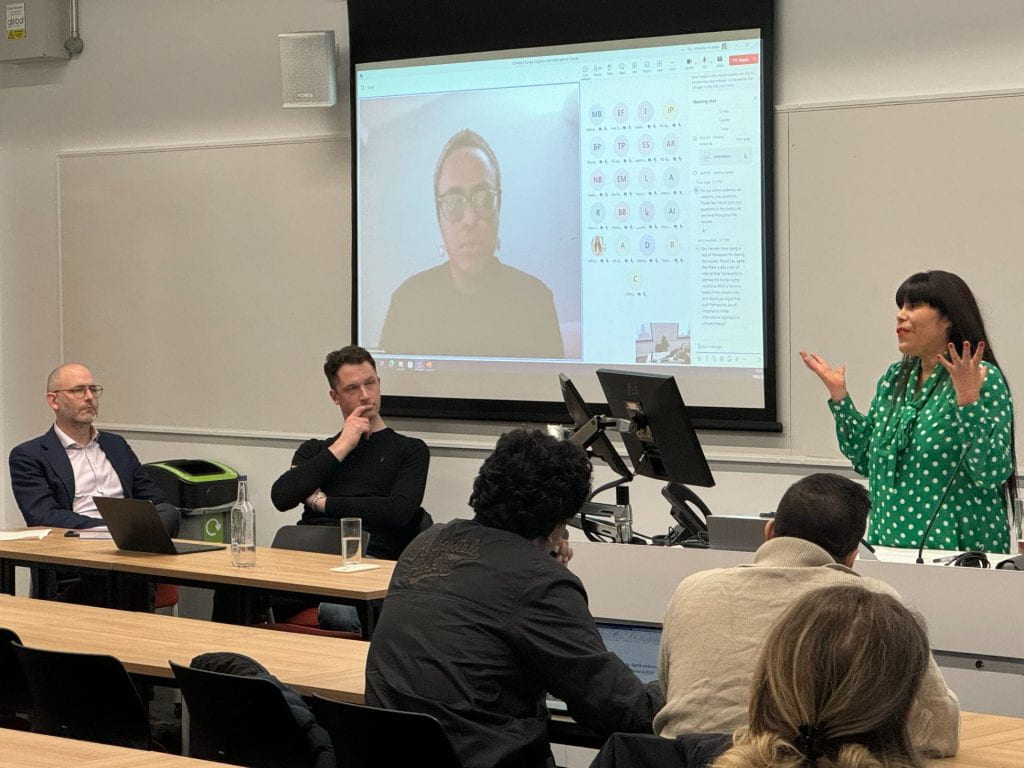By Dr Enrico Bonadio (City, University of London) and Akshita Rohatgi (University School of Law and Legal Studies, New Delhi)
Blurring the edges between reality and make-believe, the Metaverse is part of an aspirational Web 3.0, characterised by certain features including an immersive 3D virtual space, interoperability, and real-time operation. While there is no consensus on its definition, certain foundational technologies such as AI (artificial intelligence) and XR (extended reality), which includes VR (virtual reality), AR (augmented reality) and MR (mixed reality) contribute to the Metaverse.
The Metaverse market is anticipated to experience a compound annual growth rate (CAGR) of 37.73% between 2024 and 2030, reaching a projected market volume of US $507.8 billion by the end of the forecast period. Considering that around 390,000 patent applications are pending worldwide concerning AR, VR, and ER, Metaverse-related inventions may dominate the market in the future.
At present, the US and China lead in the number of Metaverse-related patent filings. Companies innovating in the Metaverse seek patent protection for two main types of subject matter: hardware components and software processes. The former typically includes enhanced Central Processor Units for the virtual environment and physical access devices such as ER headsets. In contrast, the latter includes algorithms and networked computer systems like distributed ledgers and blockchain.

 My book entitled “The Commercial Activity Exception to State Immunity, An introduction “has recently been published by E
My book entitled “The Commercial Activity Exception to State Immunity, An introduction “has recently been published by E